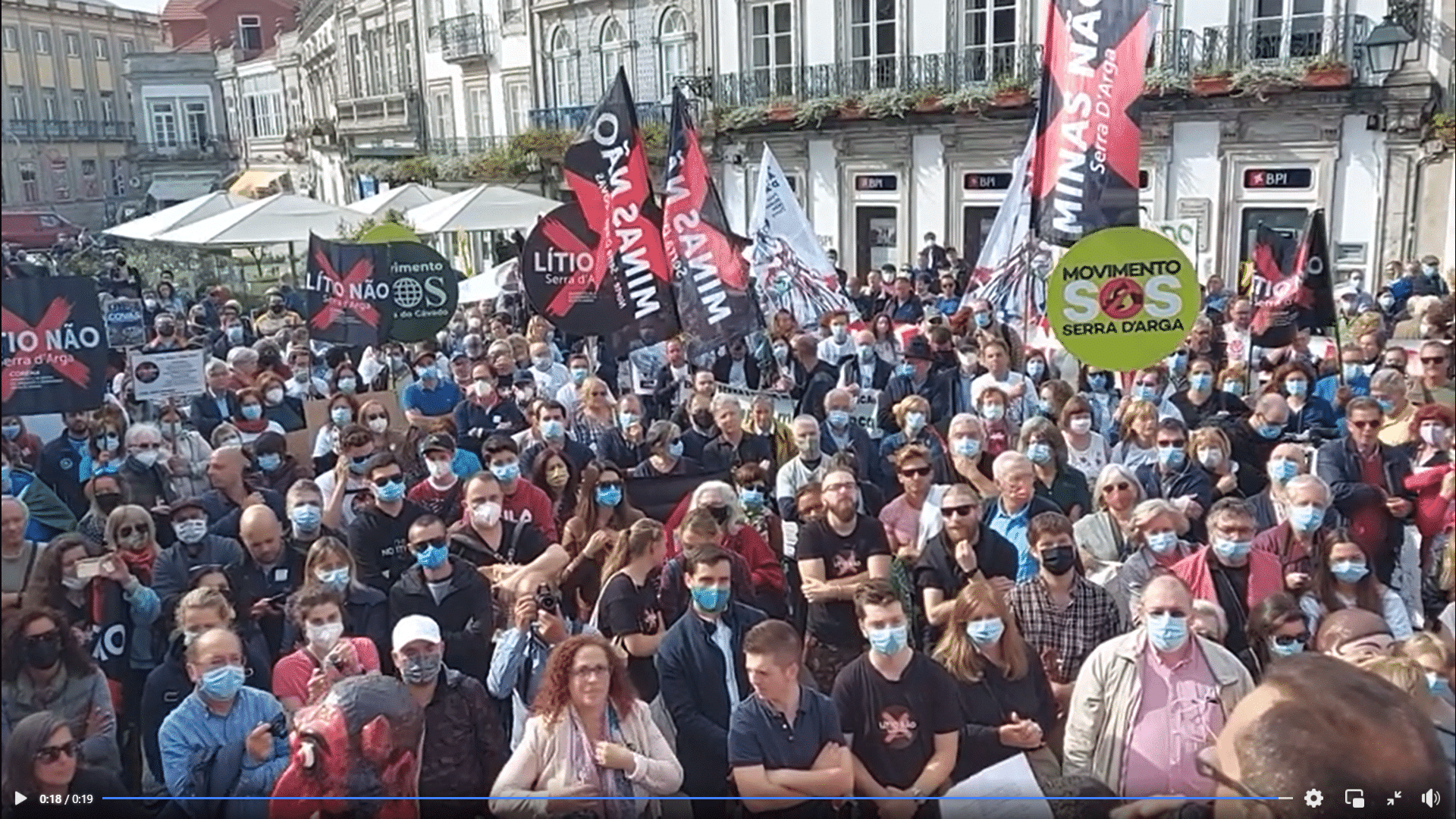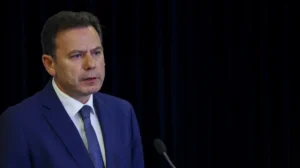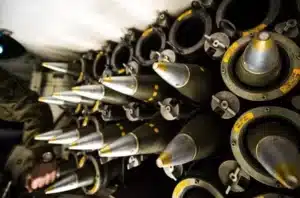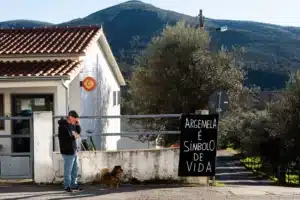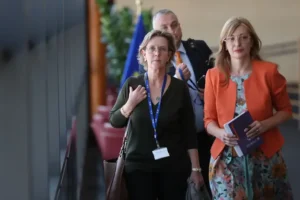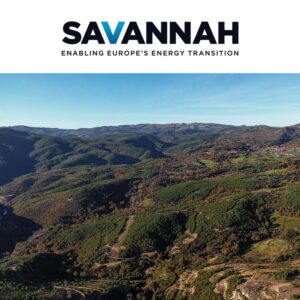NGOs and community associations go on attack
The European Commission has today announced that it considers four mining projects in Portugal – three for lithium, one for copper – strategic because they concern critical raw materials.
For communities fighting these projects, it is another sharp ‘bend in the road’, but there is no question of ‘giving up’.
As one of the NGOs supporting the fight explains: “The strategic projects aim to secure the supply of European industry without initiating an ecological and social rethink. Instead of reducing consumption through measures such as smaller vehicles or banning disposable e-cigarettes and similar products, the aim is simply to extract more raw materials. Environmental protection, democratic participation and transparency play a subordinate role here.”
But for today at least, the news is that the European Commission has “adopted, for the first time, a list of 47 strategic projects to increase national capacities for strategic raw materials, which in turn will strengthen the value chain of European raw materials and diversify supply sources.”
What it really means is that all these projects will be ‘fast-tracked’, benefitting from simplified licensing provisions “to ensure predictability for project promoters” and ensuring that processes for mining projects “will not exceed 27 months” (15 months for others).
As Lusa explains, “currently licensing projects in the EU can take between five and 10 years”.
According to Brussels, the strategic projects are in line with its Critical Raw Materials Act, which aims to ensure that extraction, processing and recycling of strategic raw materials in Europe meets 10%, 40% and 25% of EU demand respectively by 2030.
The four projects chosen in Portugal are a copper processing and extraction project at Somincor’s Neves Corvo mine in Castro Verde in the Alentejo region, Savannah Resources‘ Barroso project in Boticas, Lusorecursos’ Romano mine in Montalegre and Lifthium Energy’s Lift One (owned by the José de Mello and Bondalti group) in Estarreja, northern Portugal.
“By helping Europe meet these objectives, the new strategic projects make a significant contribution to Europe’s green and digital transitions, while supporting the European defence and aerospace industries,” says the Commission.
The wider 47 strategic projects are located in 13 EU member states which, in addition to Portugal, include Belgium, France, Italy, Germany, Spain, Estonia, the Czech Republic, Greece, Sweden, Finland, Poland and Romania.
“These projects were selected because they contribute to the EU’s security of supply in strategic raw materials, fulfil environmental, social and governance criteria and are technically feasible. In addition, the selected projects have also demonstrated clear cross-border benefits for the EU,” explains the EU executive.
In order to become operational, the 47 strategic projects – which in practice is a ‘seal of credibility from the EU – have an expected overall capital investment of €22.5 billion.
Portugal has the largest lithium reserves in Europe and the eighth largest in the world, reminds Lusa – giving none of the counter arguments, that ‘actually’ this means very little in terms of quantities, and it might be a great deal better if they were left in the ground, without prejudicing the environment.
Communities and environmental NGOs however have been supplying this information in buckets, and warning of the impacts of strategic mining projects.
In reaction to today’s decision, a number of NGOs and community associations from Romania, Germany, Spain, and Portugal have gone on the attack.
Said Nélson Gomes, of the Unidos em Defesa do Barroso movement that has been fighting the Barroso lithium project for years: “The extraction of cheap raw materials for the automotive industry in Germany and elsewhere jeopardises our way of life. We live from sustainable livestock farming and depend on clean rivers and green pastures. The proposal is far from a Just Transition, as mining in Portugal frequently does not respect the rules and the authorities do nothing. The planned open-cast mines and tailings sites around our village are neither environmentally nor socially acceptable. We will therefore ask the Commission to review its decision”.
At the meeting of the European Raw Materials Council in February, the Portuguese Ministry of Environment and Energy gave the Commission the green light for the projects announced today, “not exercising its right of veto”, says a joint press release signed off by Portuguese environmental group Geota, MiningWatch Portugal and European group PowerShift.
“Of the four strategic projects in Portugal, the majority, 75%, propose the mining of raw materials (…) No strategic recycling and substitution projects were approved in Portugal. Many environmental organisations criticise the fact that only a fraction of the 25.5% of projects approved in the EU are dedicated to recycling and replacing raw materials”.
The background to ‘critical raw materials such as lithium, copper, tungsten, cobalt, nickel, as well as rare earth elements’ are that these are considered vital for key technologies of the energy transition. The EU expects the demand for specific metals to rise considerably until 2040, and is striving to gain more independence from geopolitically dominant suppliers, like China. ND
source: Lusa/ Joint press release from Geota, MiningWatch Portugal and PowerShift

